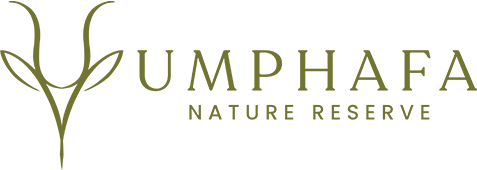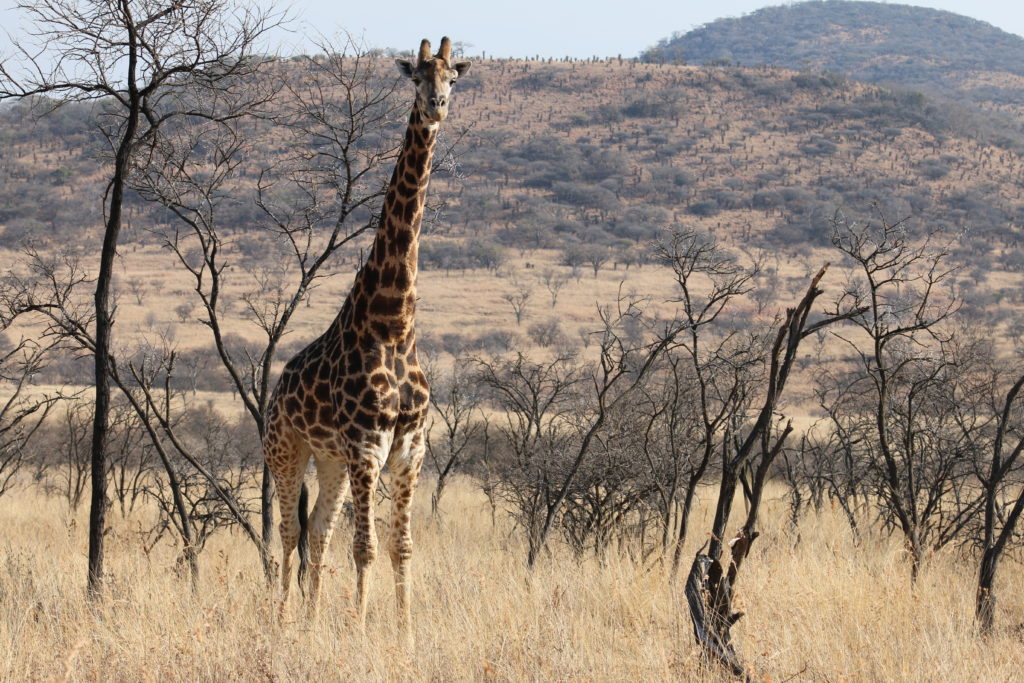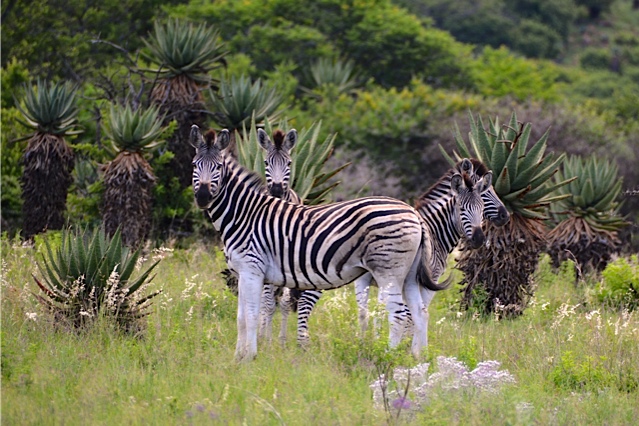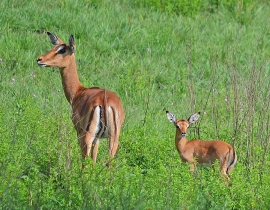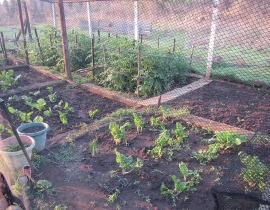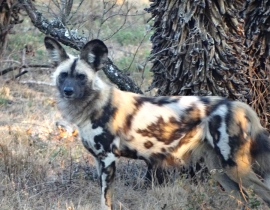Our Goals at UmPhafa:
“To rehabilitate the habitat of UmPhafa as an example of the region’s previous natural condition through the management of indigenous flora and fauna in order to achieve a model of sustainable conservation for the development and promotion of environmental education”
Habitat loss is occurring at an alarming rate worldwide and Africa has not been spared from this devastation. It is vital for the conservation of biodiversity that natural ecosystems are protected and the role of the private sector in South Africa has been pivotal in securing land for wildlife. However, many private reserves are operated as commercial enterprises; for hunting, photographic safaris or the breeding of specialist animals for sale, and although this can bring many economic benefits to the country – both locally and nationally – this often remains, first and foremost, the priority concern and influences the way in which these areas are managed.
UmPhafa is a unique project. The primary goals remain focused on conservation, education and research. Management of the land facilitates a transition back to natural conditions, with the long-term health ensured through the knowledge gained from research. Through collaboration with other organisations, UmPhafa endeavours to counter the effect of habitat fragmentation, by enabling the management of species on a meta-population level. But it is through the promotion of these values through education and awareness programmes that the project will be sustained.
“To work together with the local community for the benefit of both wildlife and people”
With any good conservation initiative comes a strong education programme. UmPhafa works closely with the local community to deliver an education programme alongside its conservation work on the reserve, in order to promote the values of the reserve and to ensure the long-term sustainability of the project.
“To undertake research on the flora and fauna of UmPhafa in order to provide credible data beneficial to the future management of South African Game Reserves”
Research is vital for conservation purposes; it enables scientists to learn about species both biologically and behaviourally, additionally it provides an insight into the status of the species. From this research, suitable projects to manage and conserve species can be implemented. There are many areas of research required for the UmPhafa Nature Reserve. As it was previously managed as cattle farms, there is little knowledge of the area. Due to this, studies into both the habitat and the species that reside there need to be undertaken. Conservation placement interns and dissertation students are essential in conducting much of the research on the reserve.
Through collaboration and data sharing with other institutes and protected areas, UmPhafa endeavours to ensure that the results of this research are far reaching and contribute to both local and national conservation initiatives.
